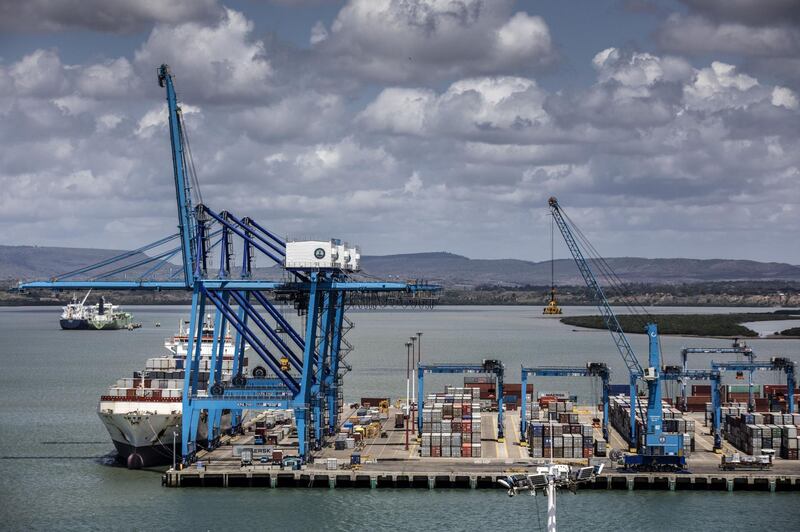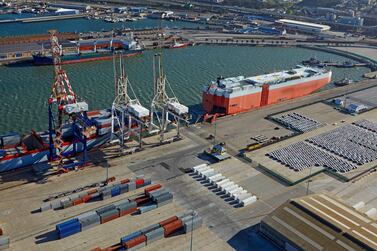The International Monetary Fund on Friday said its board had approved new three-year financing arrangements for Kenya valued at $2.34 billion to help the African country continue responding to the COVID-19 pandemic and address its debt vulnerabilities.
Approval of the new loans under the Fund's Extended Credit Facility and Extended Fund Facility will enable immediate disbursement of about $307.5 million that Kenya can use for budget support, adding to $739m it received in emergency Covid-19 aid in May 2020, the Fund said in a statement.
The IMF said Kenya’s debt remained sustainable, but it was at high risk of debt distress and authorities should focus their near-term agenda on urgent structural policy challenges.
For nearly two years, Kenya has abandoned expensive commercial debt to cut back on ballooning repayments, although revenue collection has been squeezed by the pandemic.
It also faces huge budget deficits that have been deepened by the coronavirus crisis.
"The programme supported by EFF/ECF arrangements with the Fund provides a strong signal of support and confidence," IMF deputy managing director Antoinette Sayeh said in a statement. "The Kenyan authorities have demonstrated strong commitment to fiscal reforms during this unprecedented global shock and Kenya’s medium-term prospects remain positive."
Kenya was hit hard at the onset by the Covid-19 pandemic, but its economy has been picking up after posting an estimated slight contraction of 0.1 per cent in 2020, the IMF said.
The fund is forecasting a sharp swing to growth of 7.6 per cent in 2021 and 5.7 per cent in 2022, but said Kenya continued to face challenges in the return to durable growth, and its past gains in poverty reduction had been reversed.
The Covid-19 shock had also exacerbated the country's pre-existing fiscal vulnerabilities, the IMF said, although Kenyan authorities had taken action to hold the fiscal deficit and debt ratios to 8.7 and 70.4 per cent of GDP, respectively, during its current fiscal year.
Support from a Group of 20 moratorium on debt service payments and development partners will help Kenya to close its financing gap in 2021 along with financing from capital markets.
Ms Sayeh said Kenya was taking steps to reduce debt-related risks, but should continue to provide necessary support to the economy and focus on urgent structural policy challenges, including financial weaknesses in some state-owned enterprises.







